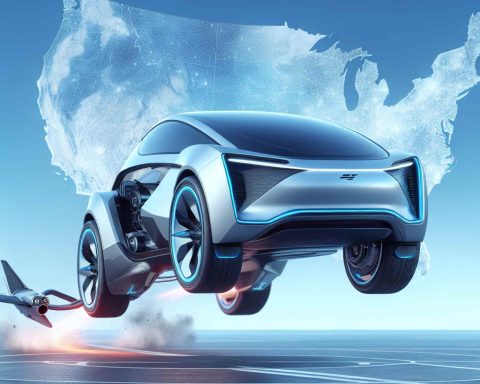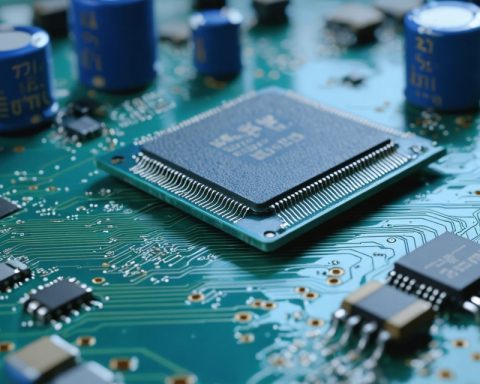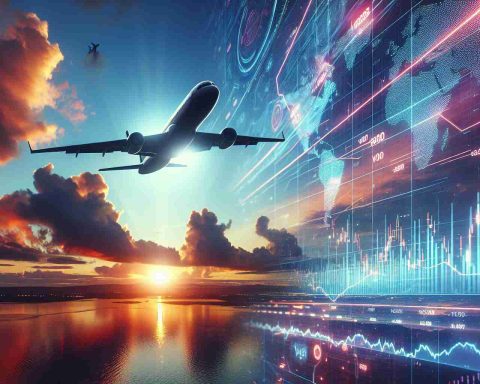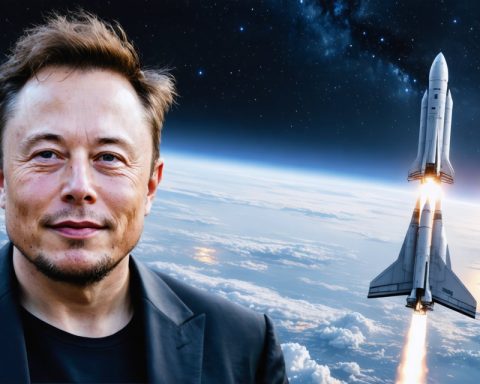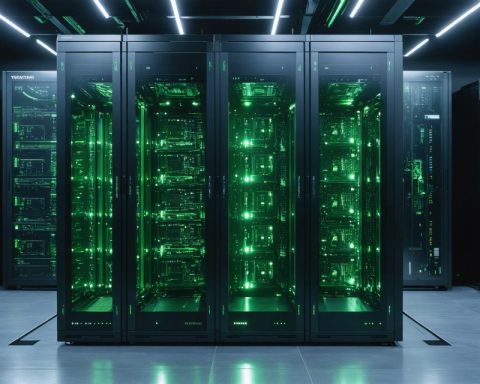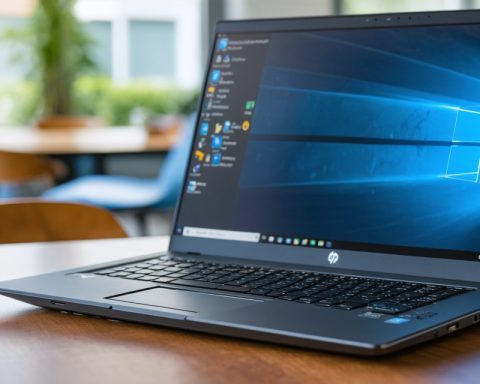In an exciting development for the tech industry, Nokia announced it has extended its collaboration with Microsoft’s Azure, cementing a five-year deal to supply advanced technology equipment.
For over six years, Nokia has been a key player in Microsoft’s cloud ecosystem, and this new phase will expand its reach to approximately 30 countries. With this agreement, Nokia will continue to provide routers and switches to Microsoft’s expansive data centers. This strategic move solidifies Nokia’s position as an essential partner in enhancing Microsoft’s global cloud infrastructure.
The Finnish tech giant revealed plans to roll out its latest 7250 IXR-10e interconnect routers starting next February. This deployment aims to facilitate Microsoft’s transition from 100 gigabits per second (100GE) connectivity to a staggering 400GE capacity, illustrating a significant leap in technology performance.
Although financial specifics of the agreement remain undisclosed, the expansion of this partnership underscores Nokia’s commitment to supporting cutting-edge cloud technologies that shape the future of digital connectivity.
How Nokia’s Expanded Microsoft Partnership Impacts Global Connectivity
In an era where digital transformation is rapidly altering the global landscape, the extended partnership between Nokia and Microsoft Azure marks more than just a boost in technological capabilities. This collaboration has far-reaching implications that influence numerous aspects of people’s lives, the business environment, and even international relations.
New Developments and Opportunities
Nokia’s enhanced involvement with Microsoft Azure is set to ripple through different sectors. As digital infrastructure becomes more robust with Nokia’s advanced routers, businesses can expect decreased latency and increased bandwidth, fundamentally altering how services are delivered and consumed. Improved connectivity will enhance telecommuting capabilities, expand opportunities for remote education, and enable smoother access to cloud-based services.
Furthermore, by expanding its technological footprint to 30 countries, Nokia plays a pivotal role in democratizing access to high-speed internet, potentially narrowing the digital divide. This evolution offers developing countries a chance to integrate further into the global digital economy, fostering innovation and competitiveness.
Interesting Facts and Controversies
One intriguing aspect is how Nokia and Microsoft’s collaboration doubles down on existing infrastructure to create future-ready systems. However, such advancements are not without controversy. The increased dependence on expansive tech networks can lead to debates on privacy and data security. Additionally, questions around net neutrality surface as enhanced infrastructure may pave the way for preferential data traffic handling.
Advantages and Disadvantages
The benefits of this partnership are substantial. Enhanced computational power and capacity allow for improved service delivery and innovation. Economies may see accelerated growth due to better ICT infrastructure, and individuals will benefit from improved digital services ranging from healthcare to entertainment.
However, these advantages are tempered by potential downsides. Increased energy consumption by high-capacity data centers raises environmental concerns, posing a challenge to sustainability efforts. Furthermore, as these infrastructures become central to national economies, the risk of cyber-attacks could have significant consequences.
Important Questions & Insightful Answers
– How will this partnership affect the average consumer?
Consumers will benefit from faster, more reliable internet services, leading to improved digital experiences across various applications and devices.
– What does this mean for competing cloud service providers?
Competitors may feel pressured to enhance their infrastructure to remain competitive, potentially leading to further innovation and technological advancement in the industry.
– How are global public policies likely to adapt?
Governments may need to revise regulations around telecommunications and cybersecurity to handle the scale and complexity of these new systems effectively.
For those interested in learning more about the broader implications and exciting advancements in cloud technologies, visit Microsoft and Nokia. These sources provide comprehensive insights into their strategic initiatives and technological innovations.
In conclusion, while Nokia and Microsoft Azure’s growing alliance heralds an era of unprecedented connectivity and performance, it also invites thoughtful discourse on managing its impacts responsibly. The tech world waits eagerly to see how this develops and the myriad ways it will touch lives worldwide.


